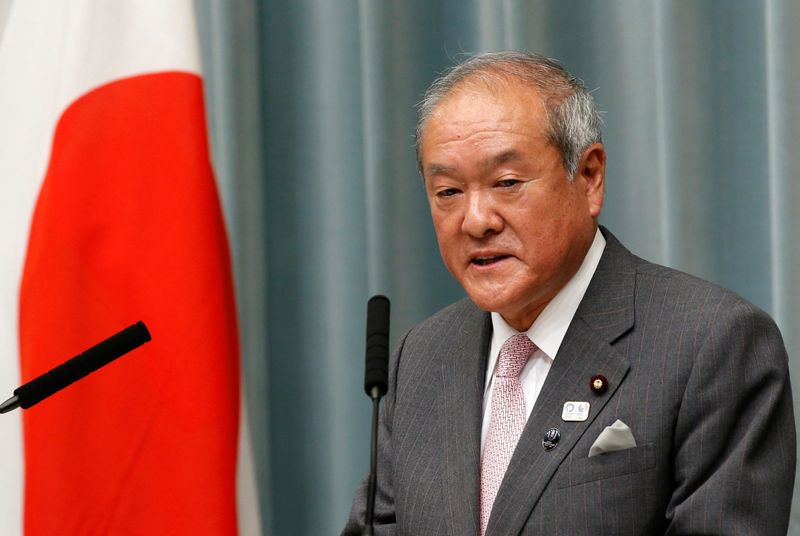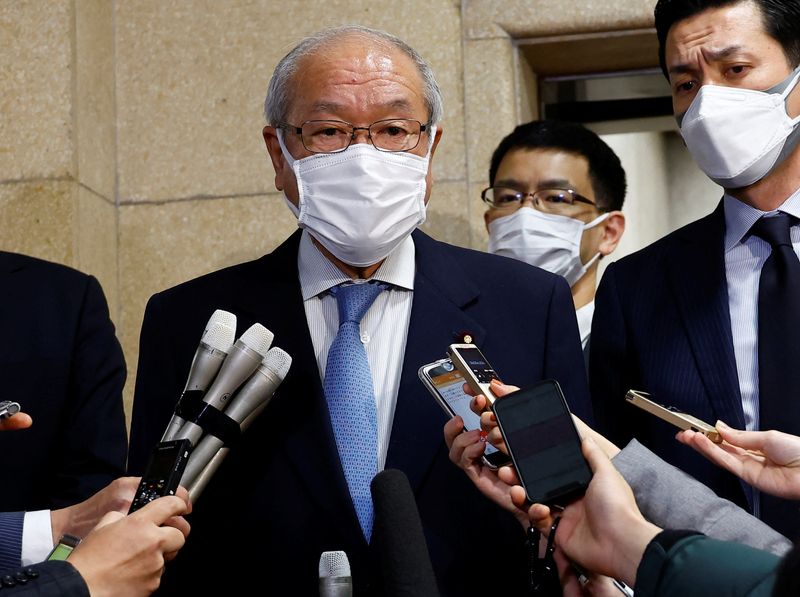By Tetsushi Kajimoto
TOKYO (Reuters) - Japan's government picked academic Kazuo Ueda as new central bank governor on expectations he can help keep inflation on target and sustain economic and wage growth, finance minister Shunichi Suzuki said on Friday.
"We fully paid attention to the potential impact on financial market in proceeding with this consideration," Suzuki told reporters.
"We also took into account the importance of keeping close coordination with top officials of major central banks as well as the ability to send and receives high-quality messages to market players within and outside Japan," Suzuki said.
The cabinet judged that Ueda, who is a well-known economics academic, was the most appropriate candidate to take over incumbent Haruhiko Kuroda, due to his deep insight on monetary affairs in terms of both theory and practice, he added.
The government picked BOJ executive Shinichi Uchida and former banking watchdog Ryozo Himino as the two deputy governors for their rich experience and knowledge of monetary policy and financial affairs.
The government on Tuesday formally presented the three nominees for the Bank of Japan (BOJ) posts for parliamentary approval, which is effectively a done deal, given the ruling coalition's solid majority in both legislative houses.
The parliament holds confirmation hearings on the nominees on Feb. 24 at the lower house, followed by the upper chamber at a later date.
"I believe the nominations were made to demonstrate their comprehensive ability as one team," Suzuki said.
He declined to comment when asked about whether the government and BOJ needed to review their joint statement issued in 2013, which includes a pledge to meet the bank's 2% price goal quickly.
He added that should be judged when the new governor assumes the job.

Suzuki also said Japan is coordinating with other countries on the agenda for when the Group of Seven (G7) financial leaders' meeting takes place on the sidelines of the broader G20 gathering later this month.
"We are now at the final stage on coordination with other countries, hoping that we make decision (on the agenda.)"
